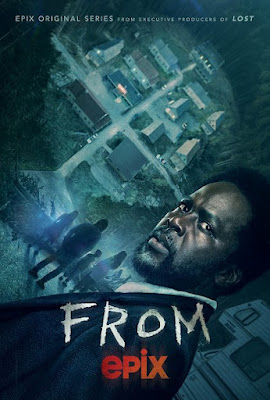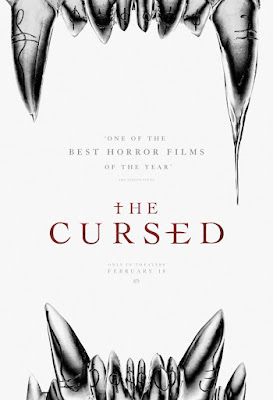This Ulster County cult prides itself on its sustainability, but it doesn’t always sustain its members. Sure, they murder one in the prologue, but that helps keep their carbon footprint to a minimum. John Kerry would surely approve. After all, he will overlook any of the human rights abuses committed by Putin and the CCP, in exchange for lip service on global warming. However, he isn’t about to don the cult’s burlap sackcloth. Just like dictators do what dictators do, cults do what cults do, even if their rhetoric is as green as Kermit the Frog. The Ulster County “yoga” collective is no exception in Sonja O’Hara’s eight-episode Doomsday, which releases tomorrow on VOD.
Dagny is weird and off-putting even by the standards of cult leaders. In addition to sustainability, she also preaches abstinence, except for Camden, who often lures in new recruits with her sexual wiles. Apparently, Dagny hasn’t been so strictly abstinent either, as some surprised cult members can see when they spy her baby-bump.
Camden’s latest recruit seems to be quite a catch. He is friendly, helpful, and hard-working. He also has his own agenda, but he doesn’t fully understand what he is walking into. Presumably, things are going to get really bad, in a Branch Davidian kind of way, at least judging from the flashforwards we see of the various cultists giving their video depositions to police.
Although it doesn’t exactly scream daytime television, Doomsday was nominated for a Daytime Emmy (affiliated with Vimeo). There is plenty of sex, but it is more neurotic than erotic. The real problem though is how much time the characters spend gamboling in the fields rather than doing something to advance the narrative. Of the three episodes provided for review, the first two feel rather slow and padded (they run over fifty minutes in length), while the third is weirdly brief, clocking in under a quarter of an hour.



























